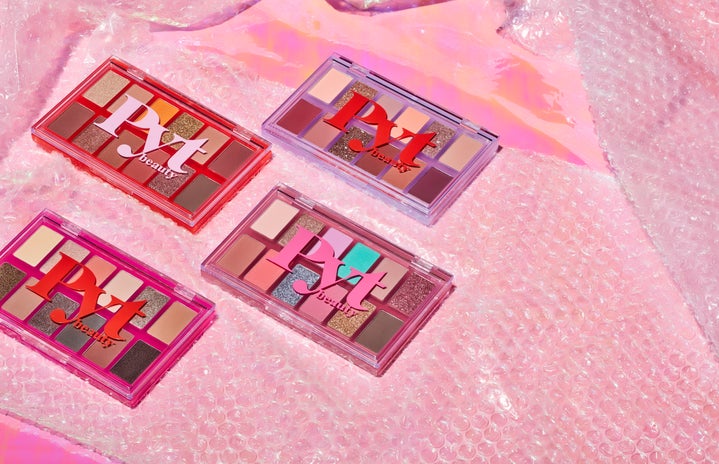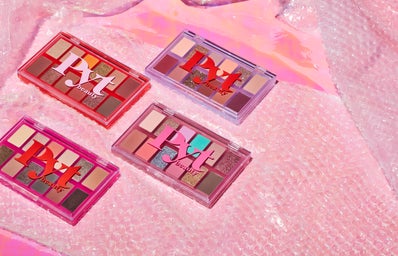If you identify as a woman, you can expect to pay over $135,000 on products that specifically target female audiences. This is due to the fact that retail campaigns implicate an upcharge in feminine products. Because of these extra charges, women will pay over $1,300 more a year for the same types of products as men. These price differences are yet another form of systematic oppression, subjecting over half the population to unjust upcharges for their necessities. Women disproportionately spend more on the same products throughout their lives due to the “Pink Tax.”
The Pink Tax is defined as the “discriminatory pricing on products and services that is [solely] based on gender.” It is commonly referred to as “price discrimination” or gender pricing.
A 2015 study conducted by the New York City Department of Consumer Affairs concluded that products marketed towards women “cost an average of 7 percent more” than items advertised towards men. This phenomenon can be observed in any store by simply examining the division in prices of basic hygiene products. However, the Pink Tax is also implicated in common services such as haircuts and dry cleaning, which alternate costs for men’s versus women’s services. An analysis done by Boomerang Commerce found that pink-colored items are always the most expensive. This problem dictates the price differences of not only female clothing, hygiene and personal care products, but toys and accessories as well.
A common example of these unfair price differentials in gender-based products is the “tampon tax.” Vital menstrual products are taxed as luxury items, so menstruating individuals pay sales tax on items that are imperative to their health. This means tampons are among the items and services that are deemed as non-essential by state legislation. According to Healthline, “36 states [currently] still apply sales tax to these necessary menstrual items.” Among these states, items such as marshmallows (Florida) and snowmobiles (Maine) remain tax-exempt.
This issue has rightfully gained political momentum, yet significant change has still been denied. In 2018, a bill proposed by Democratic Senator Jackie Speier titled “Pink Tax Repeal Act” was shot down. This bill was intended to “prohibit the pricing of consumer products and services that are substantially similar” if price differences were derived on the basis of gender. It is our duty to explore how this significant issue continues to financially weigh on women.
We must question how to combat this issue and lessen the monetary detriments women are forced to endure due to this systematic issue. There is the simple solution of purchasing products targeted towards men rather than facing the upcharges of women’s products. Contrary to what retail campaigns want you to believe, color has little effect on the personal care process. It is also helpful to do homework and shop around for the best prices on certain items. It is unacceptable that women must look further into the prices for items that serve the same purpose.


